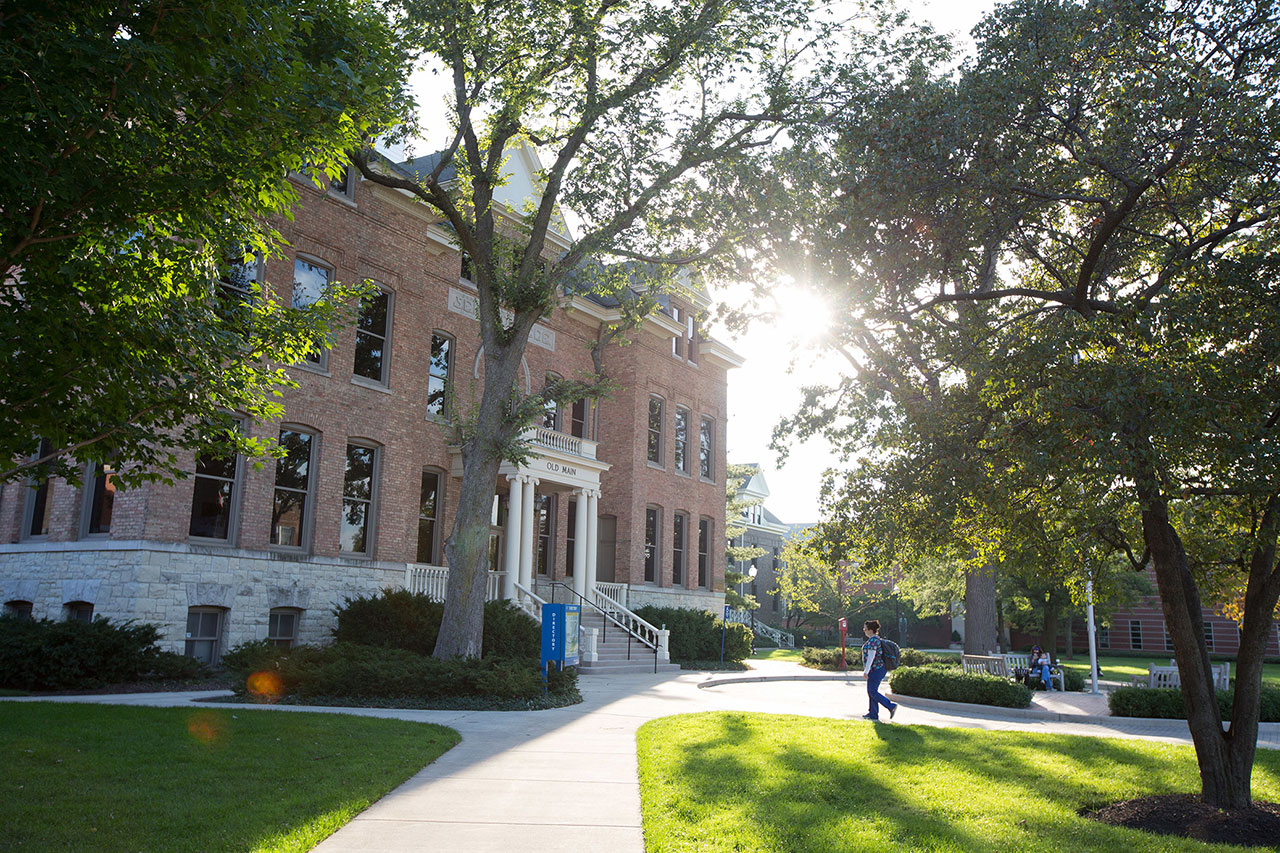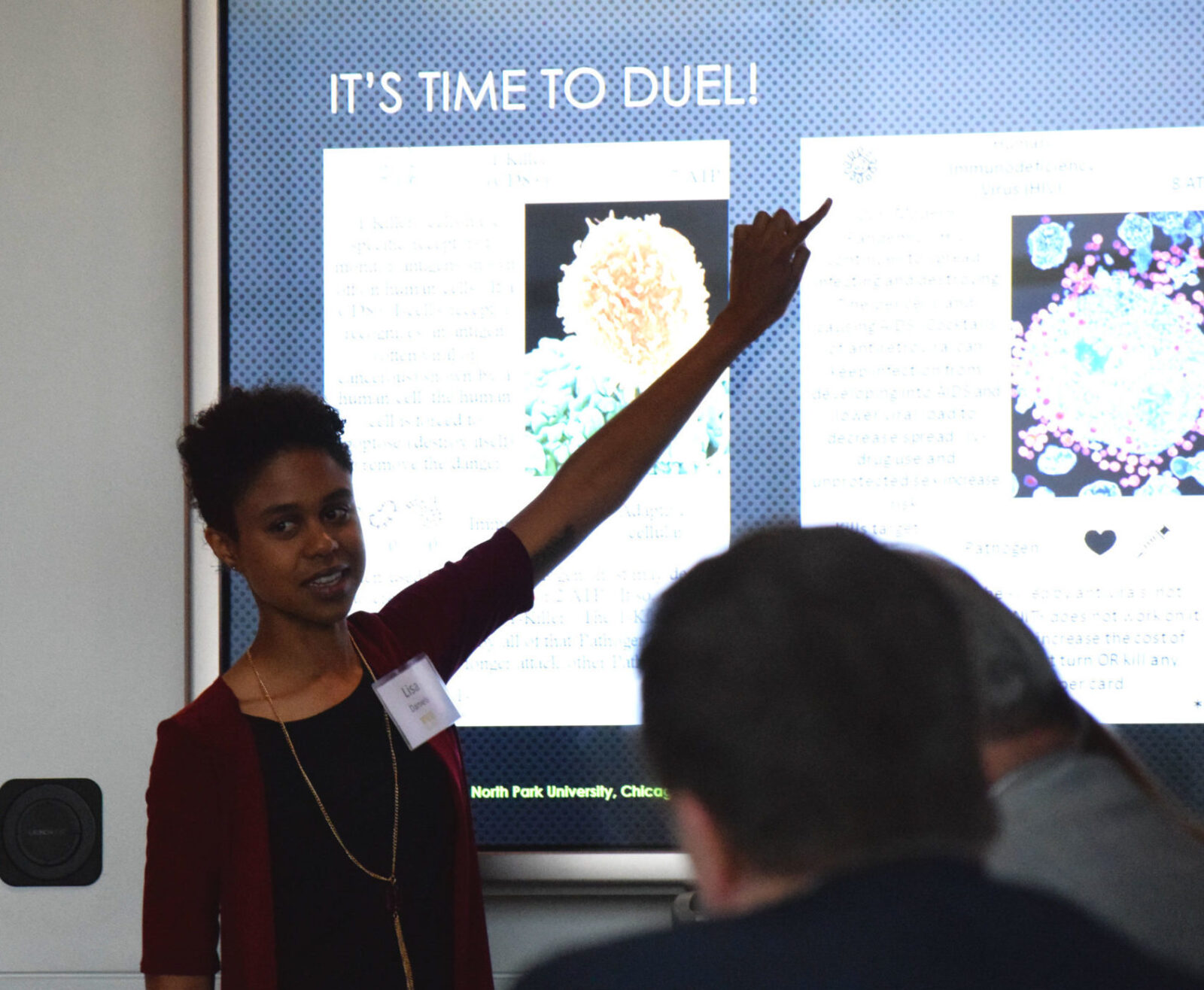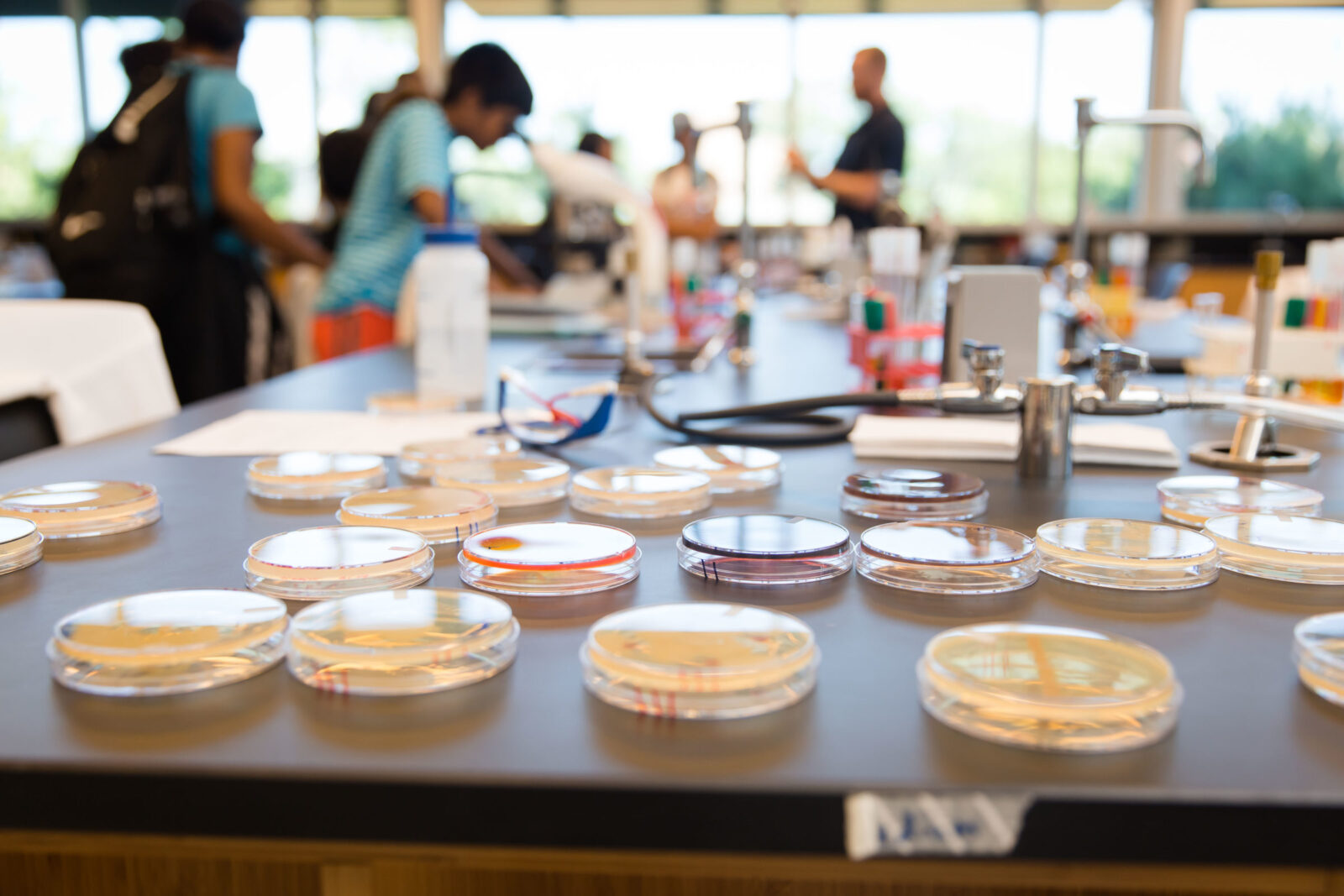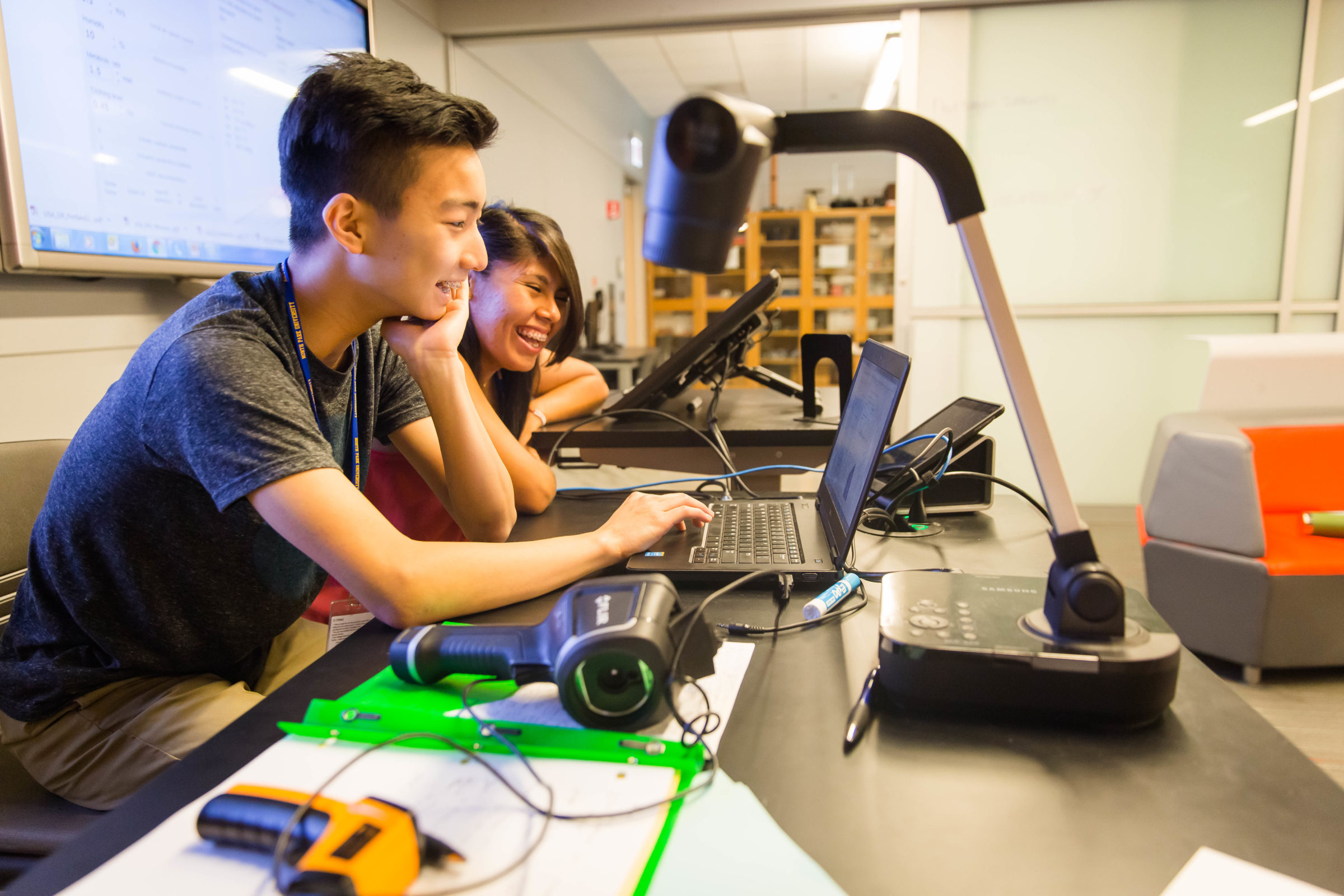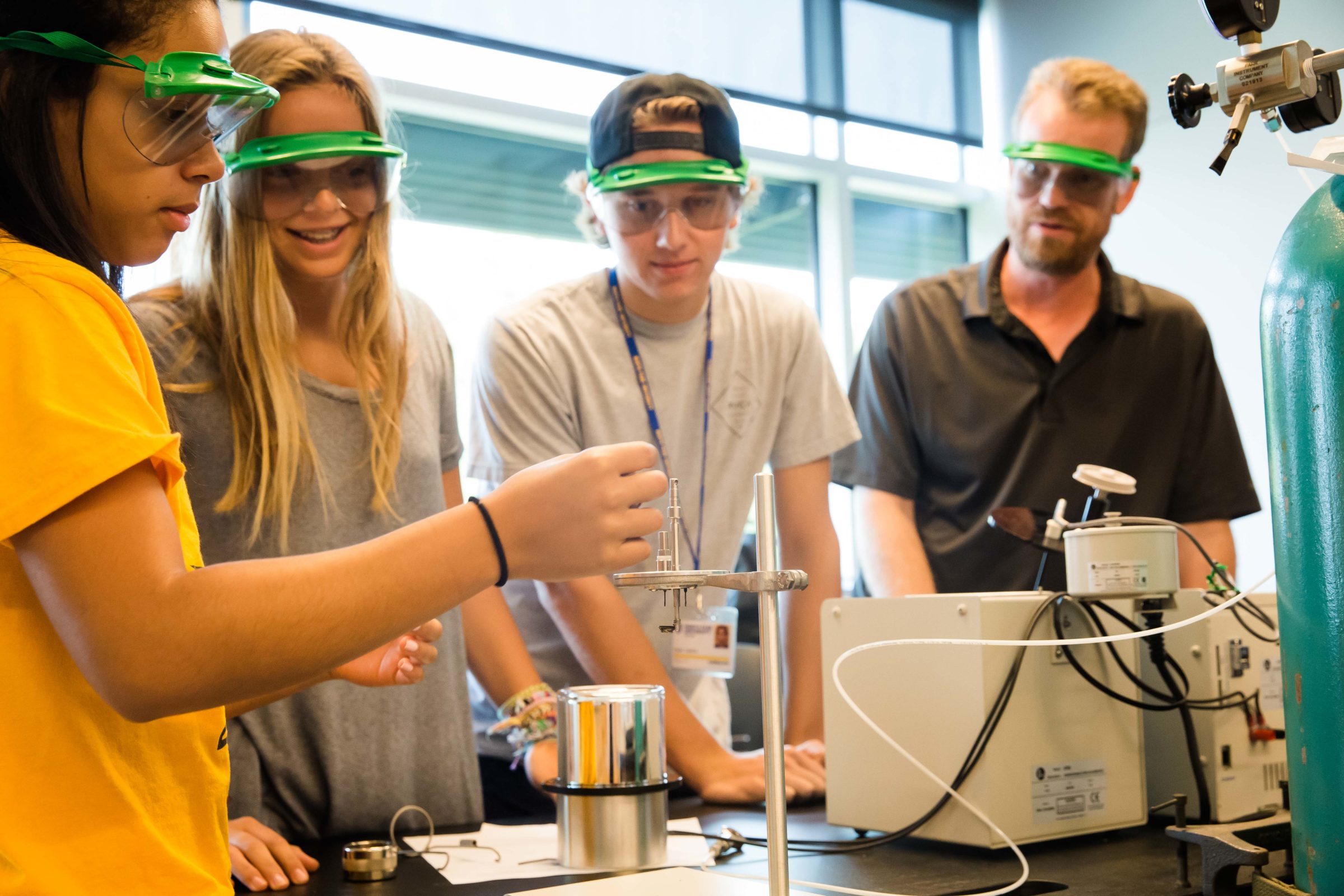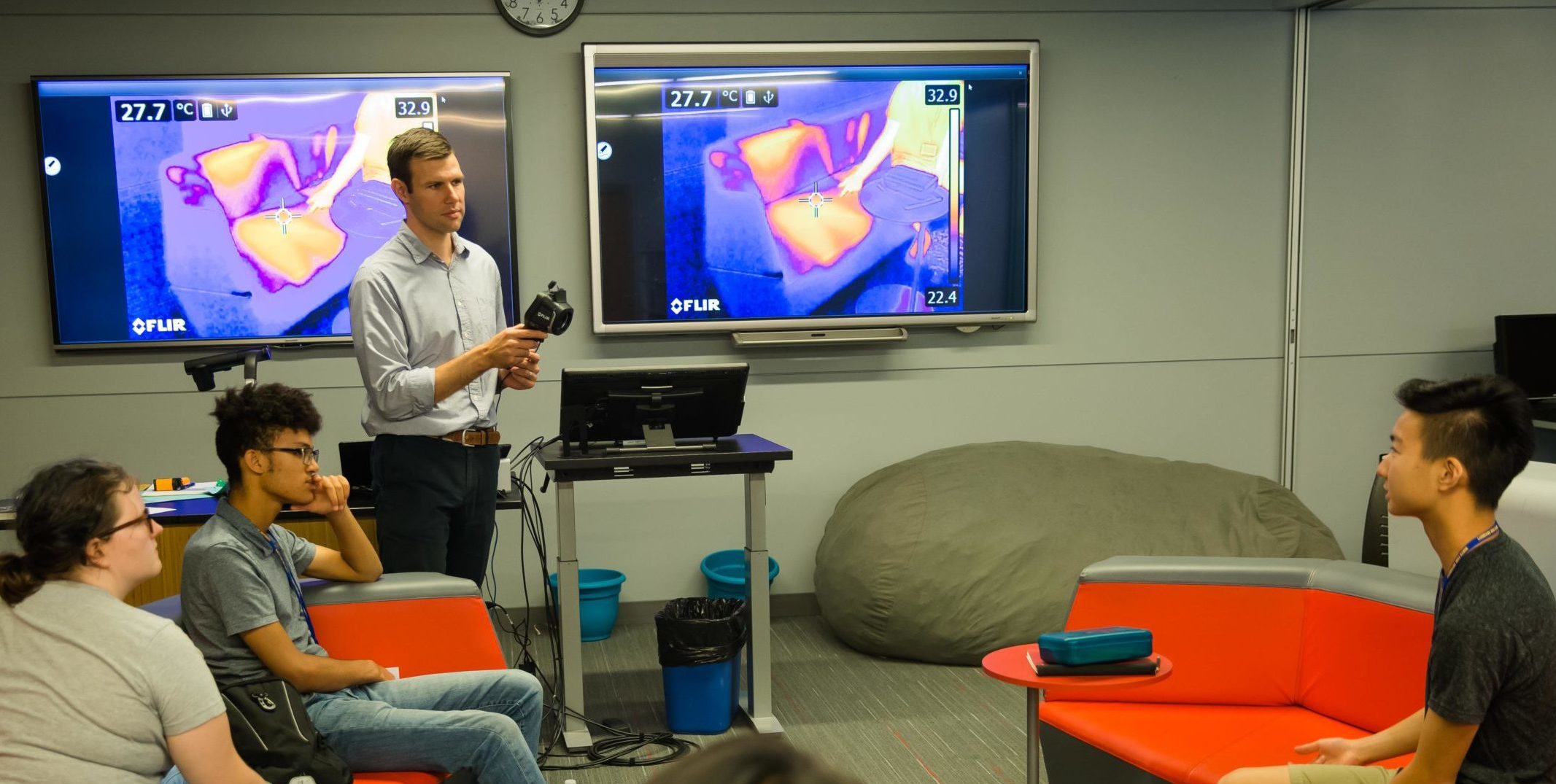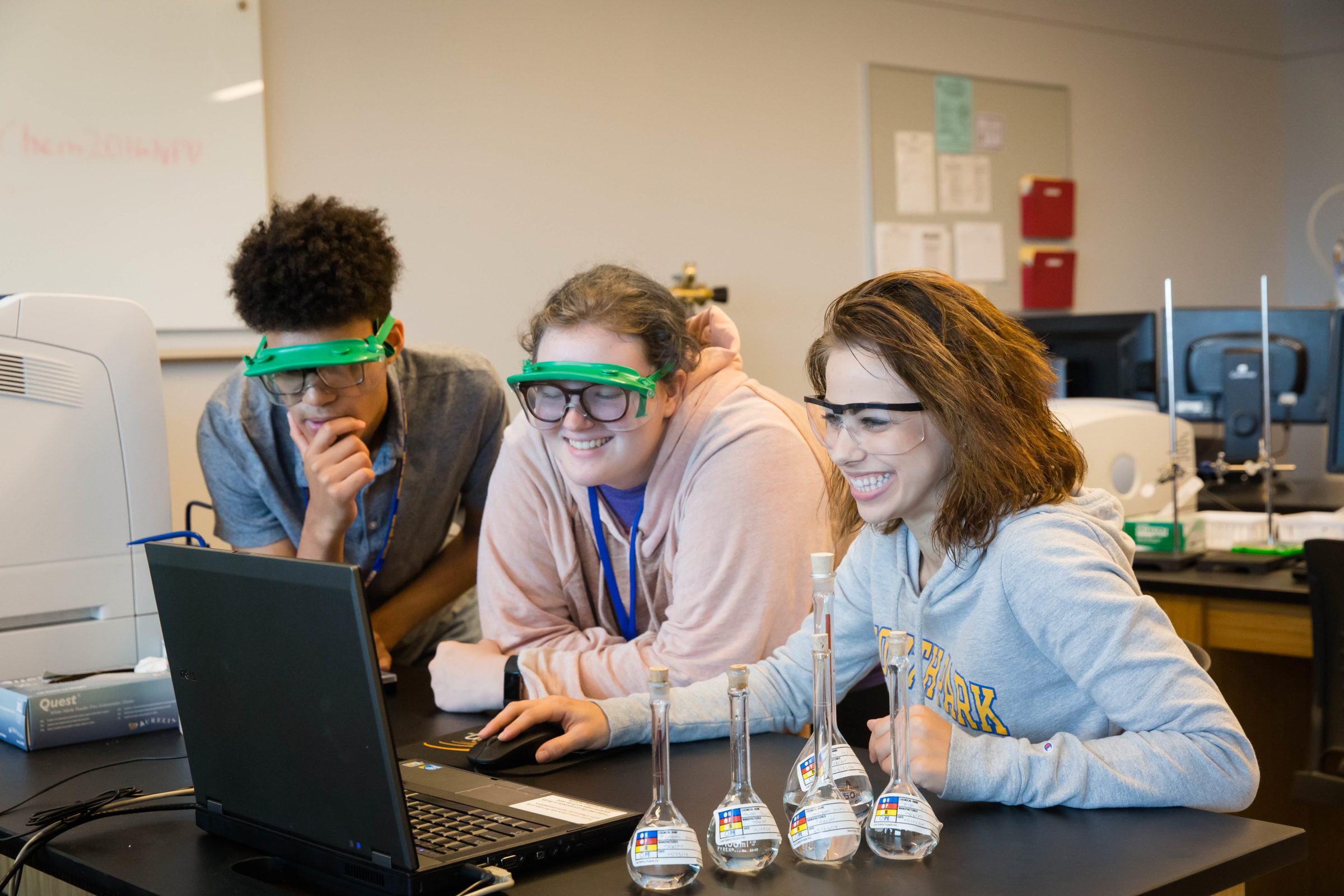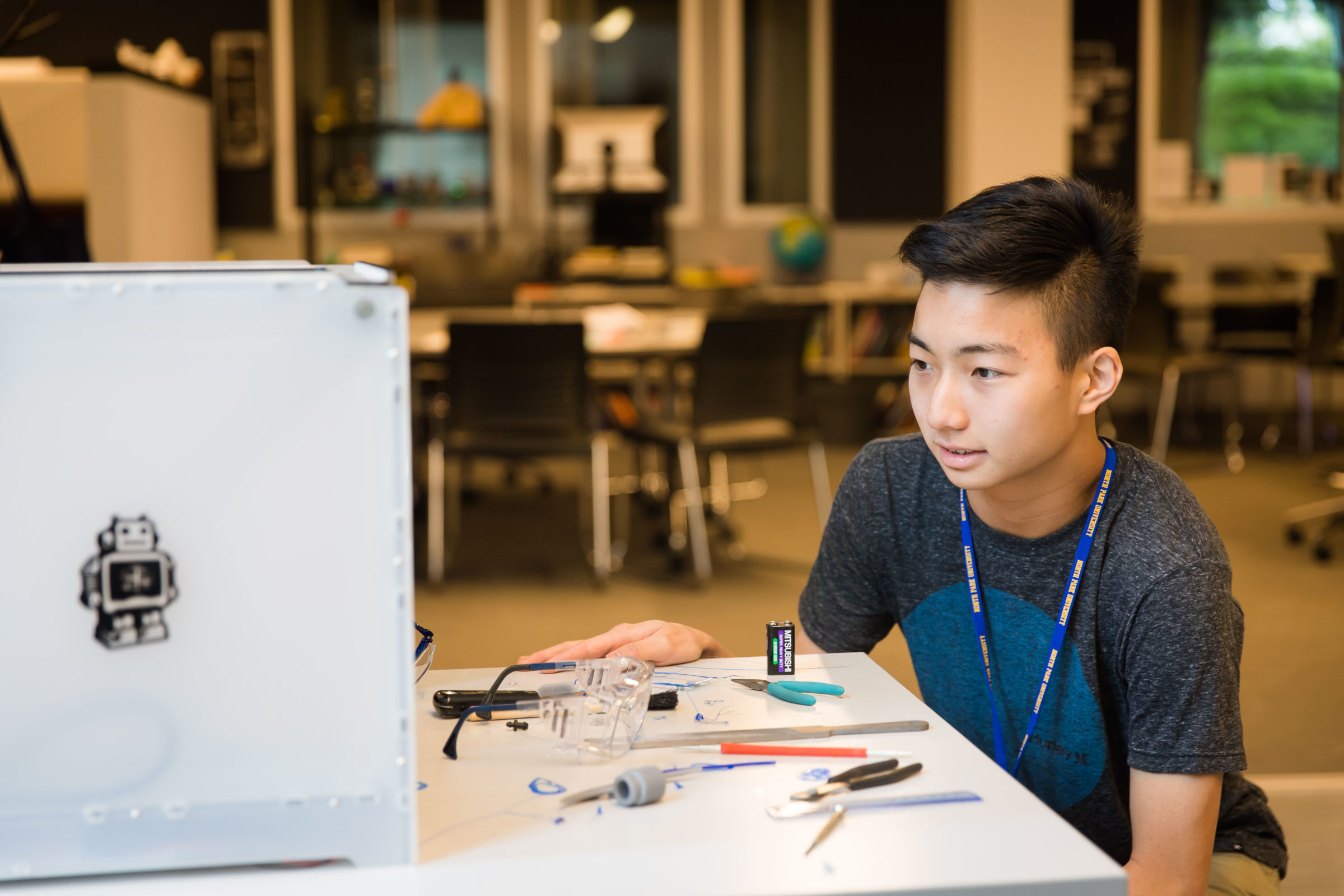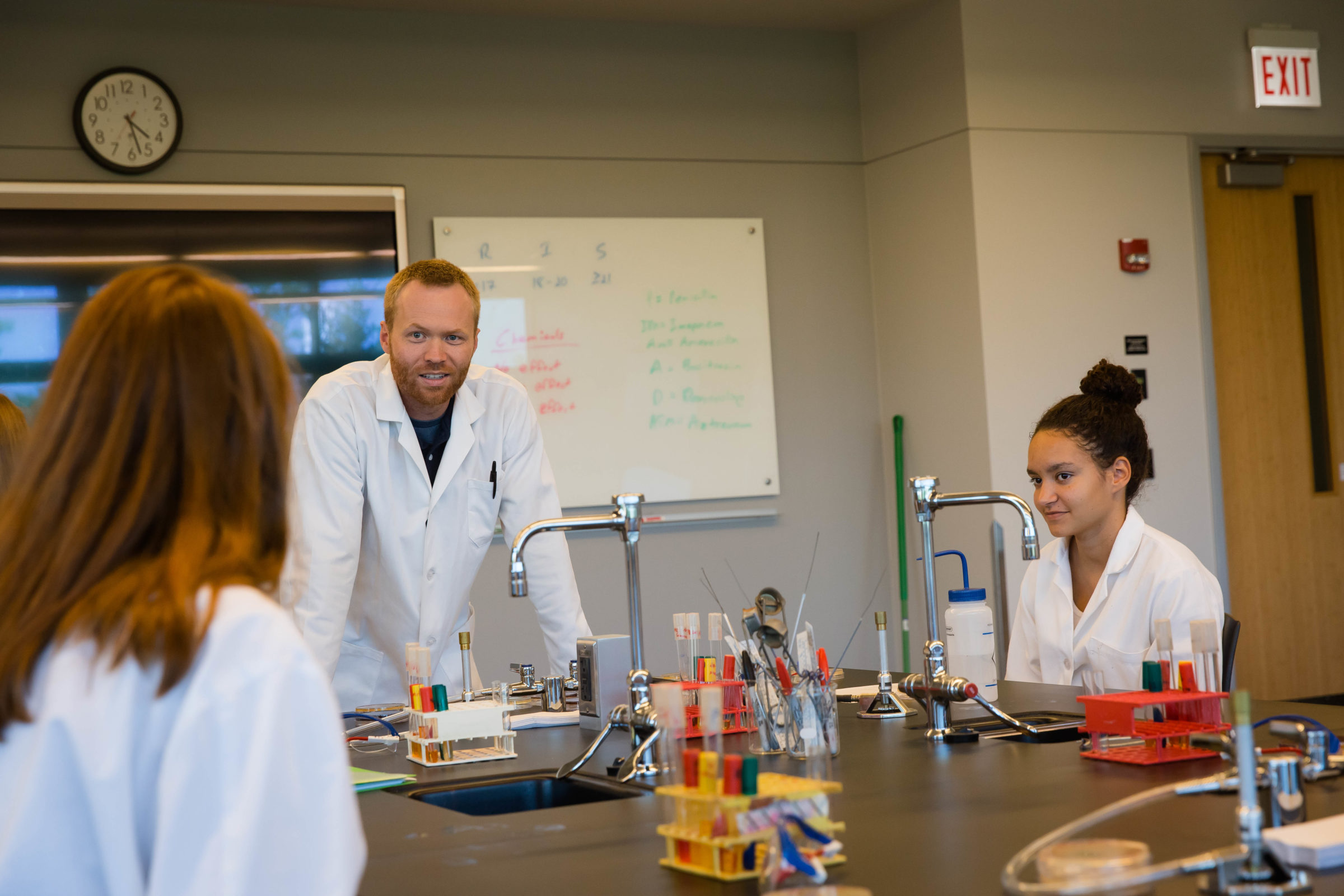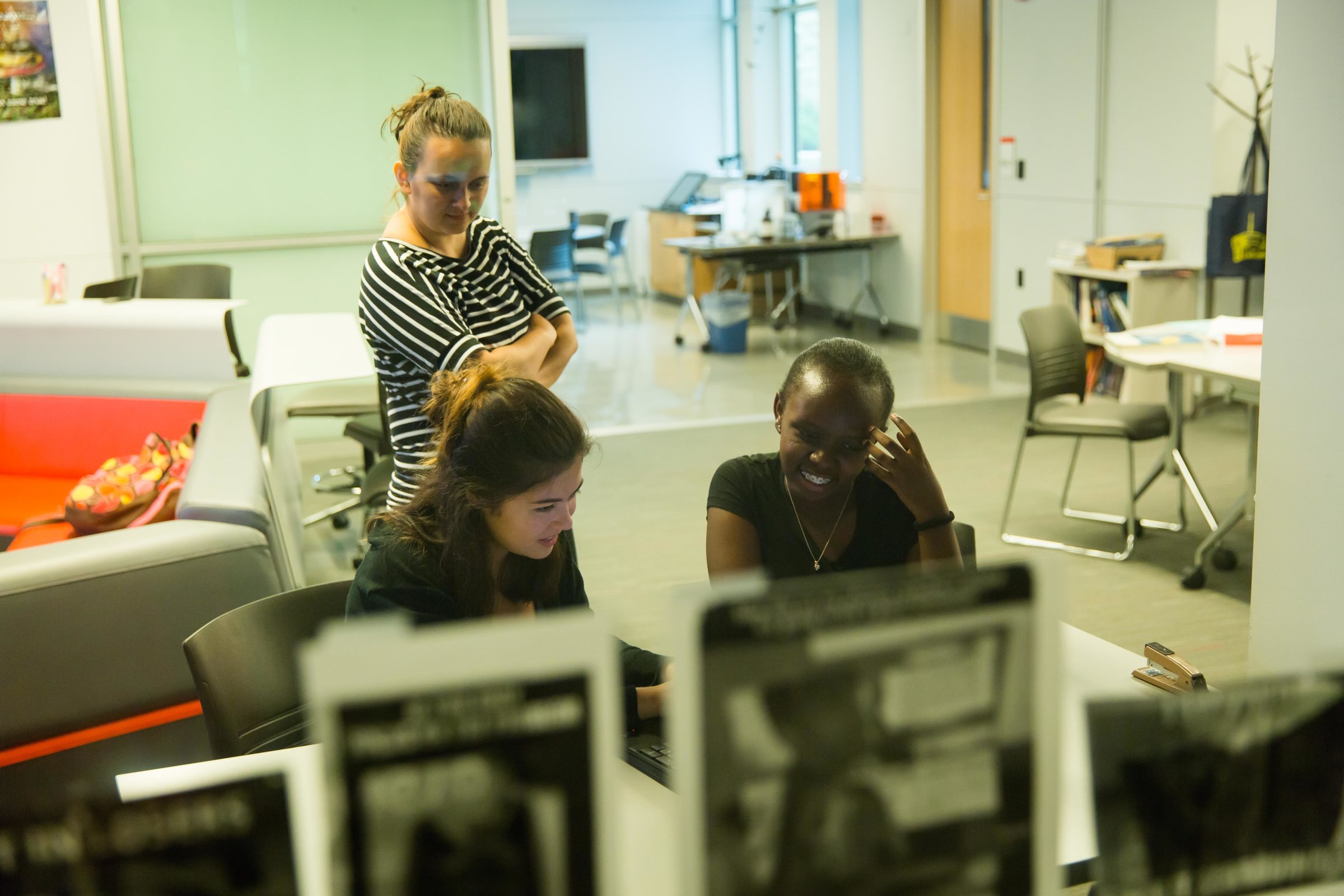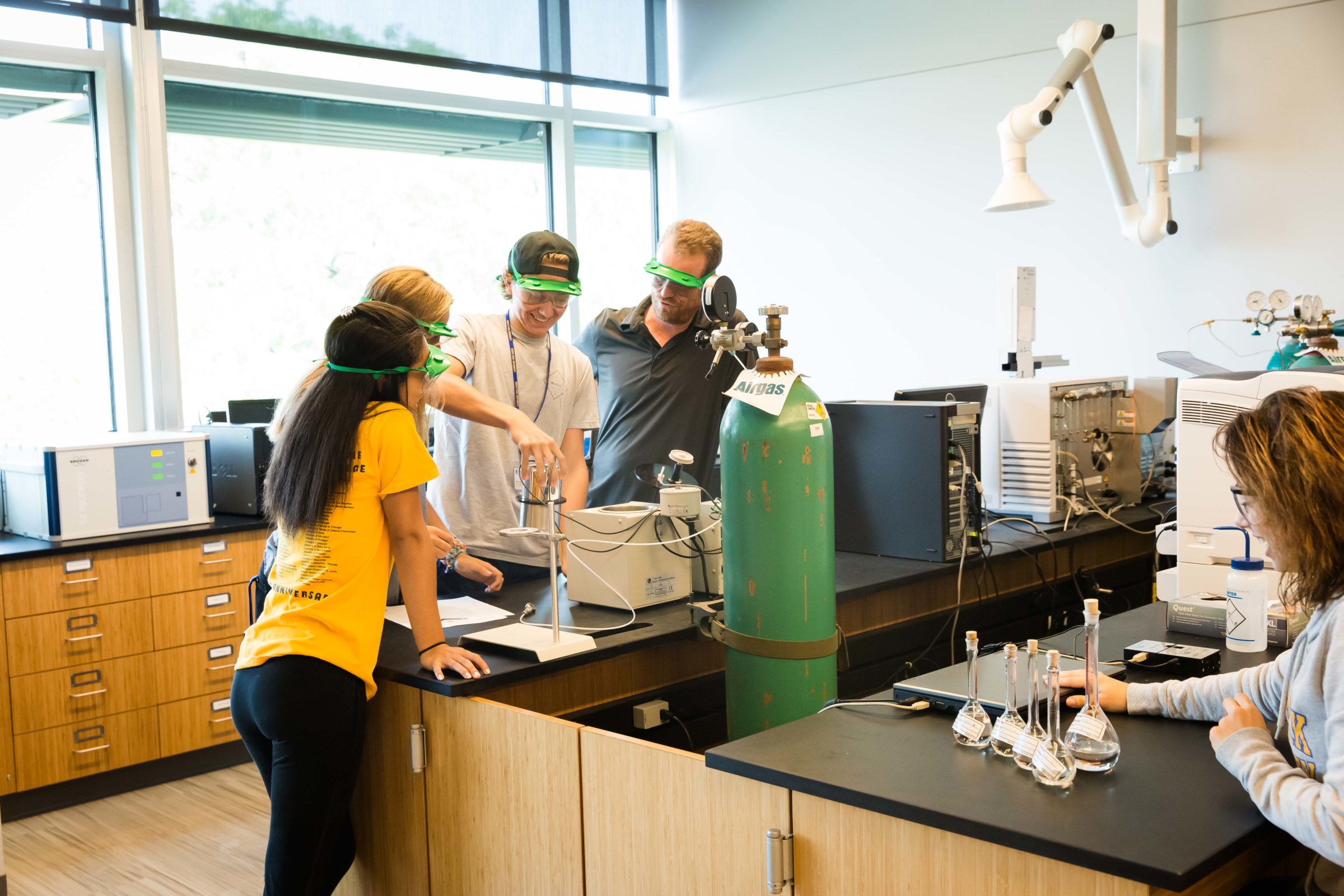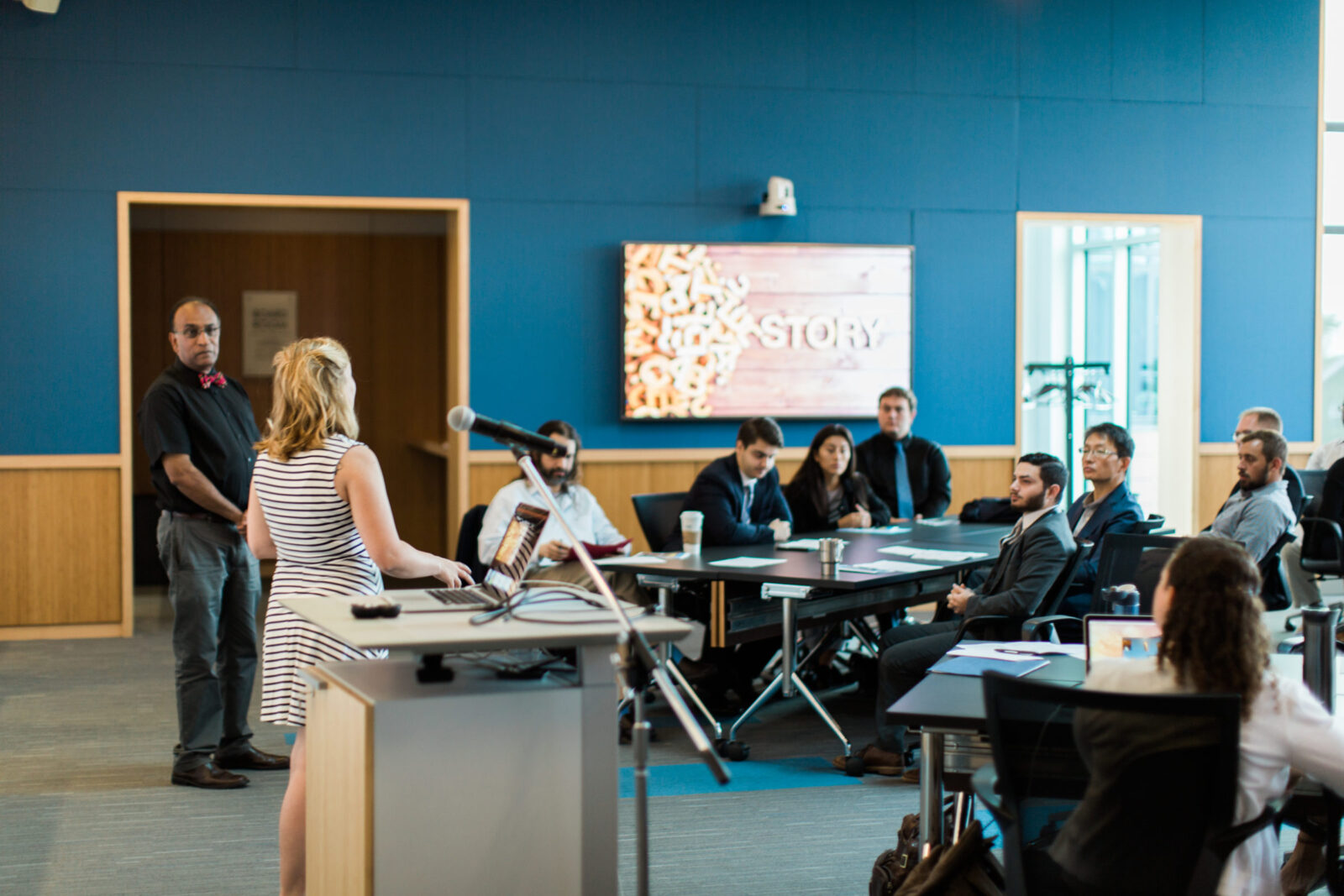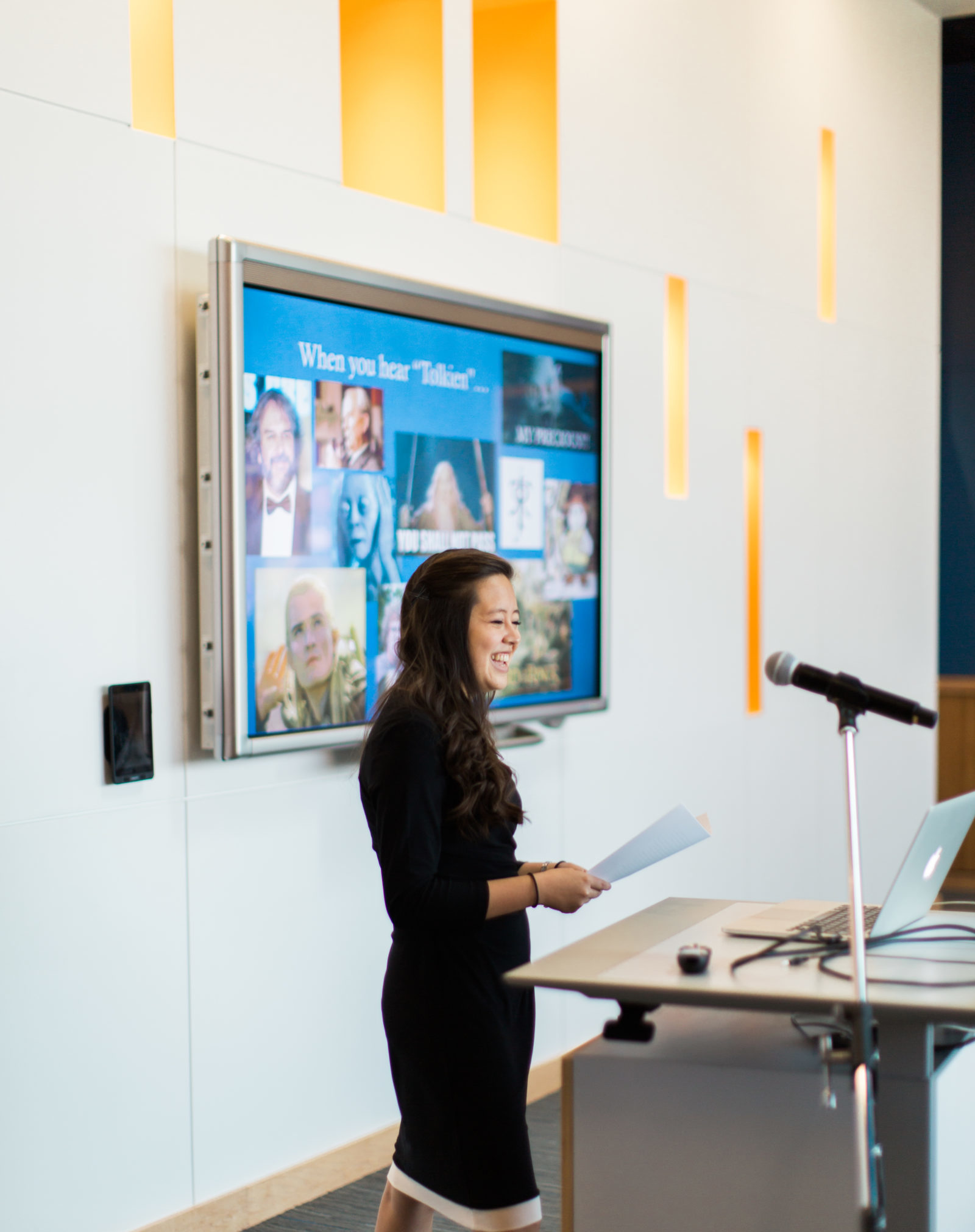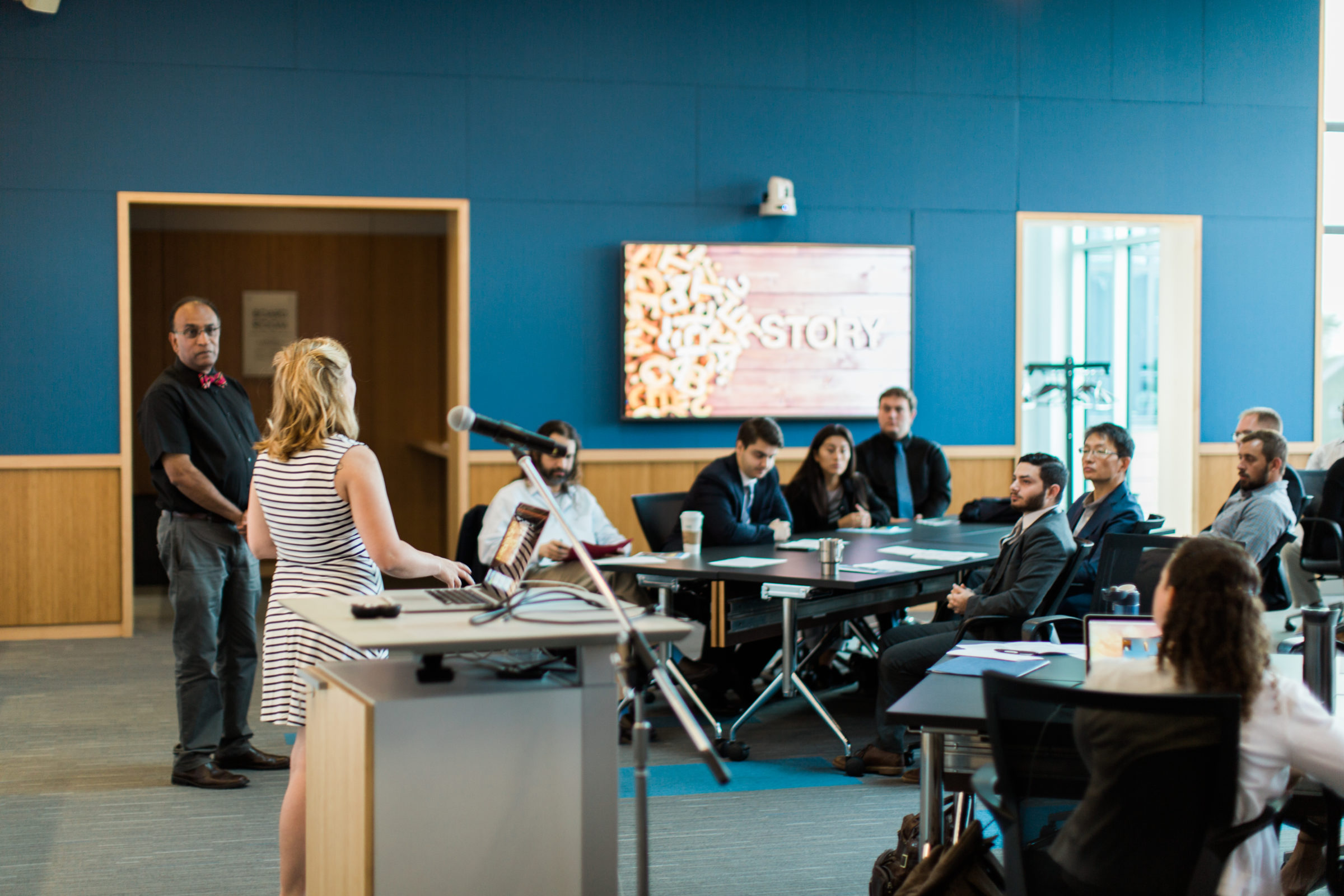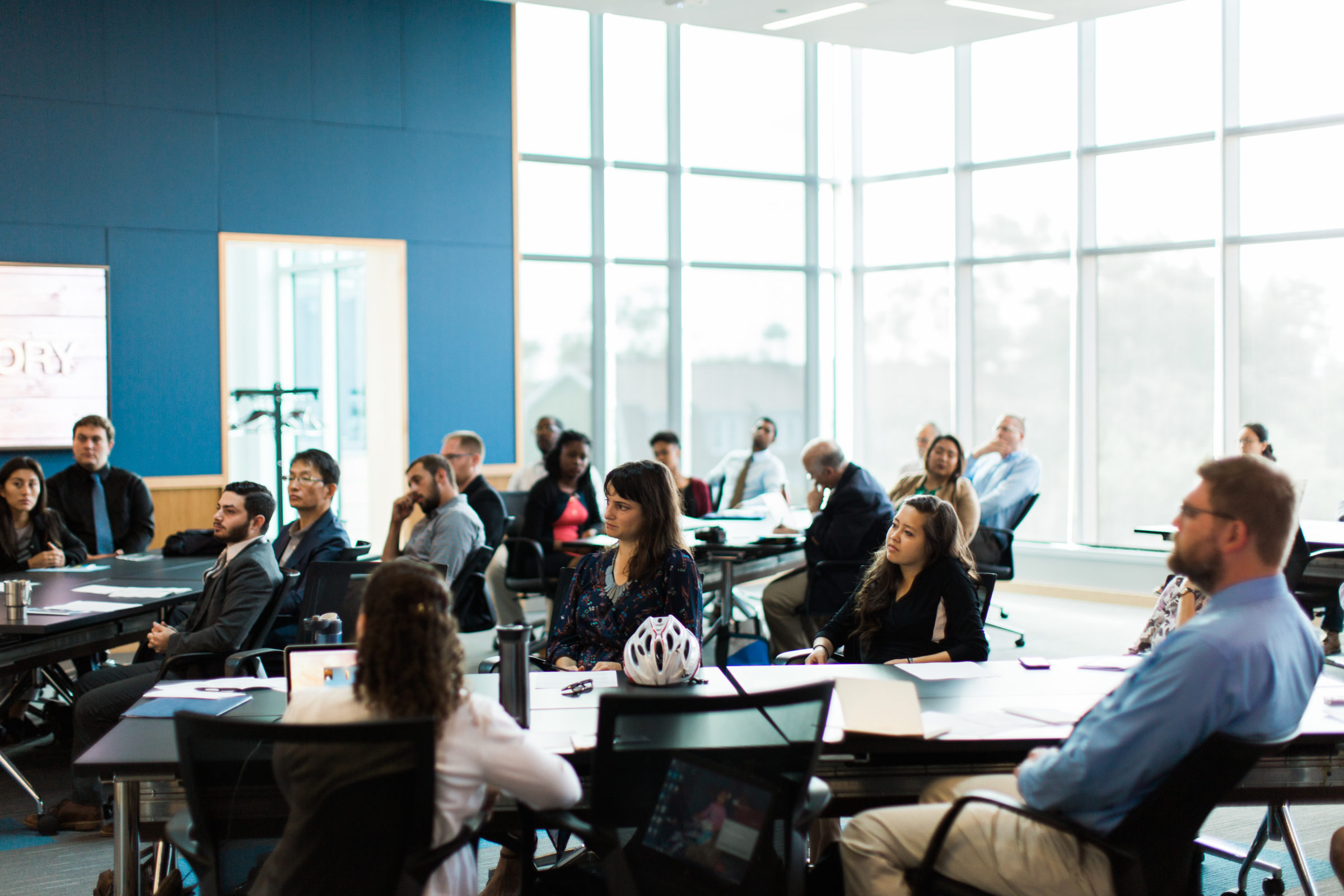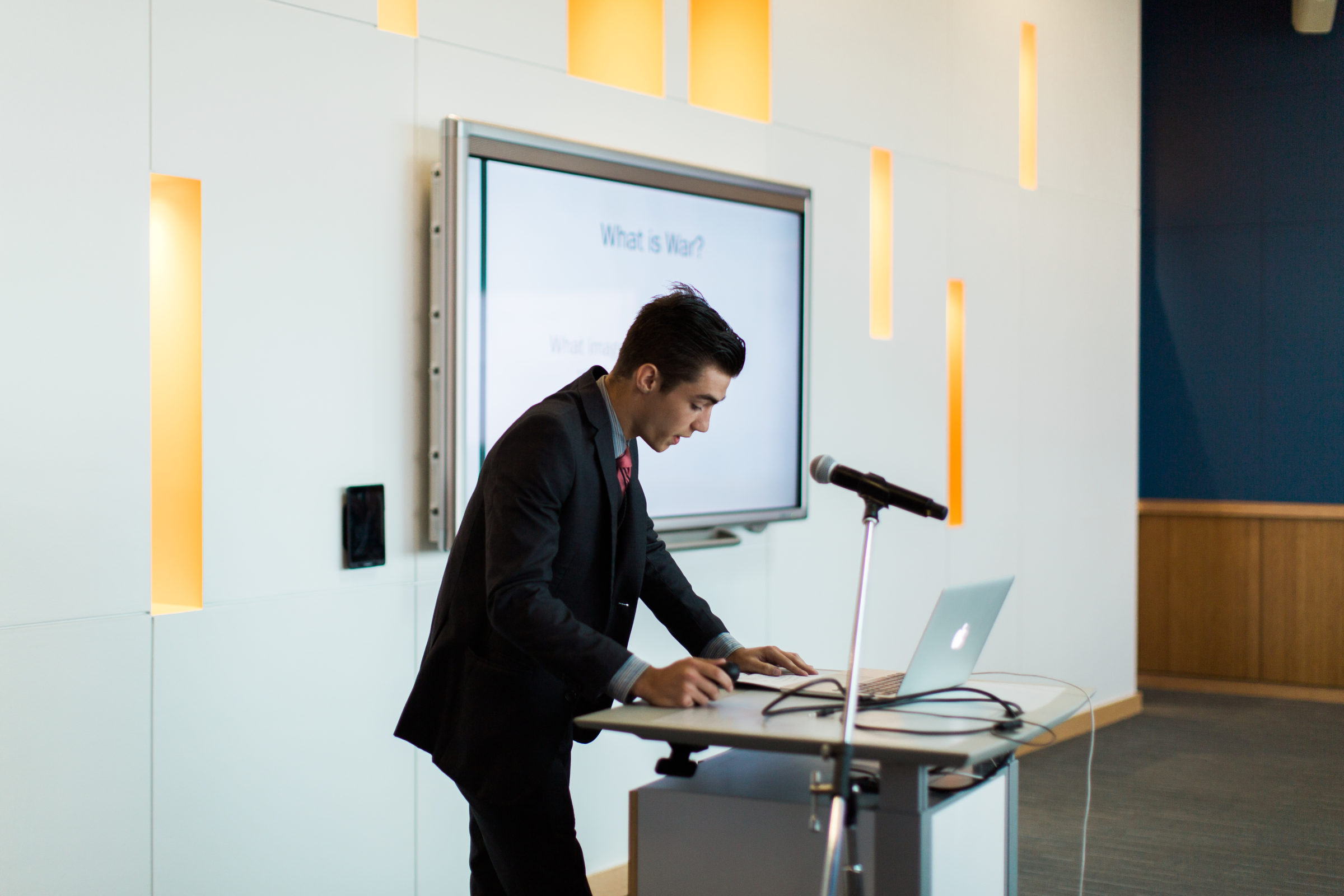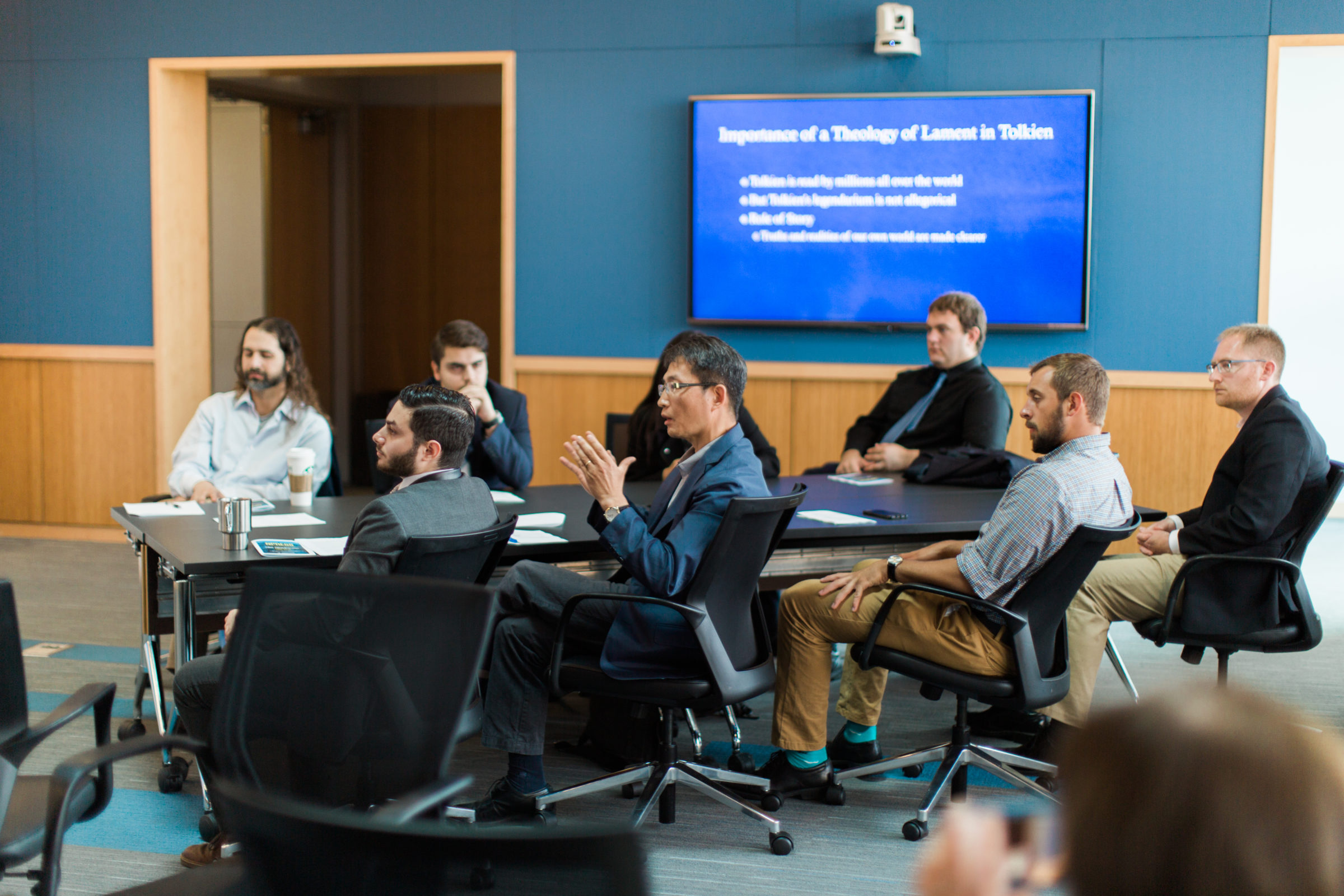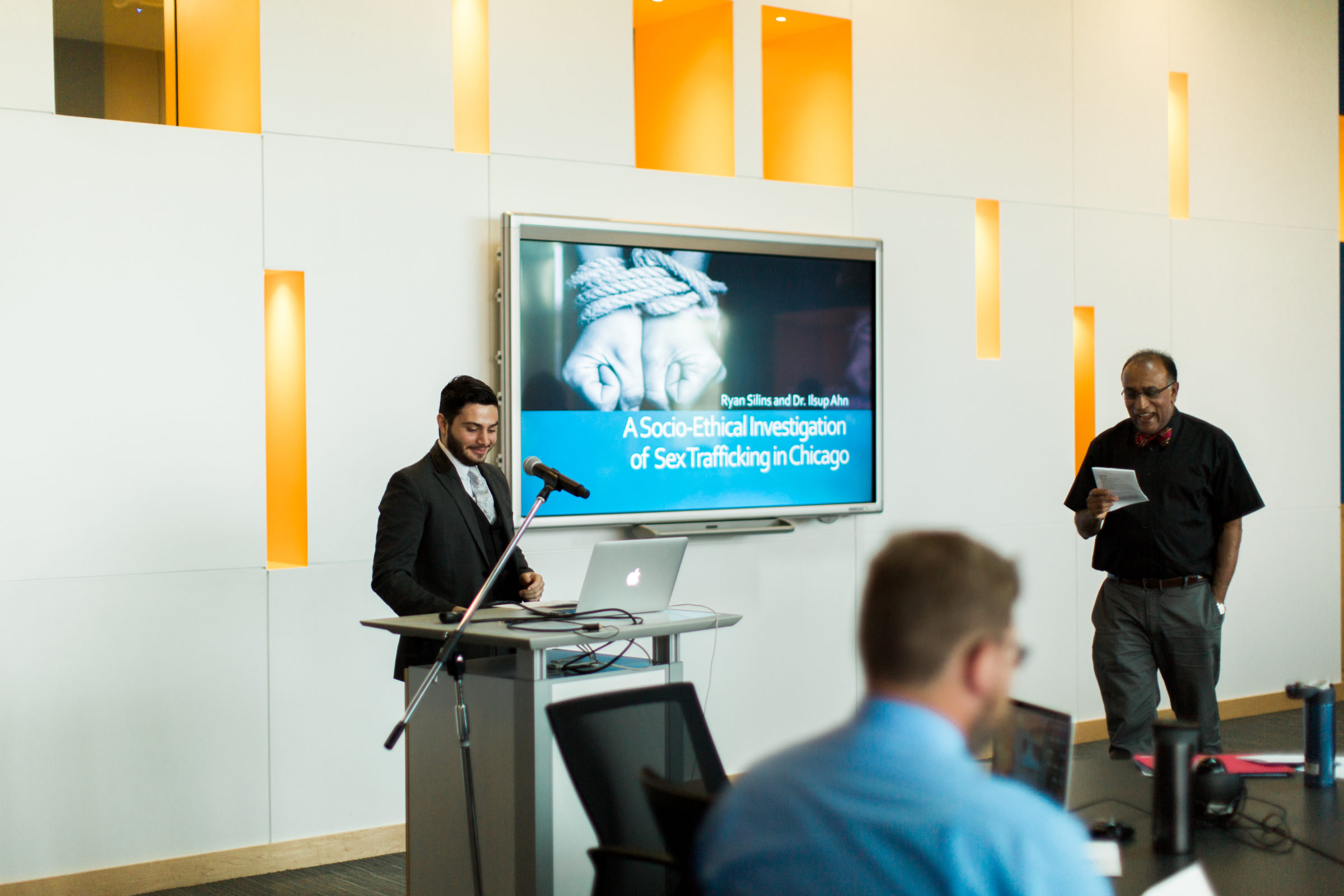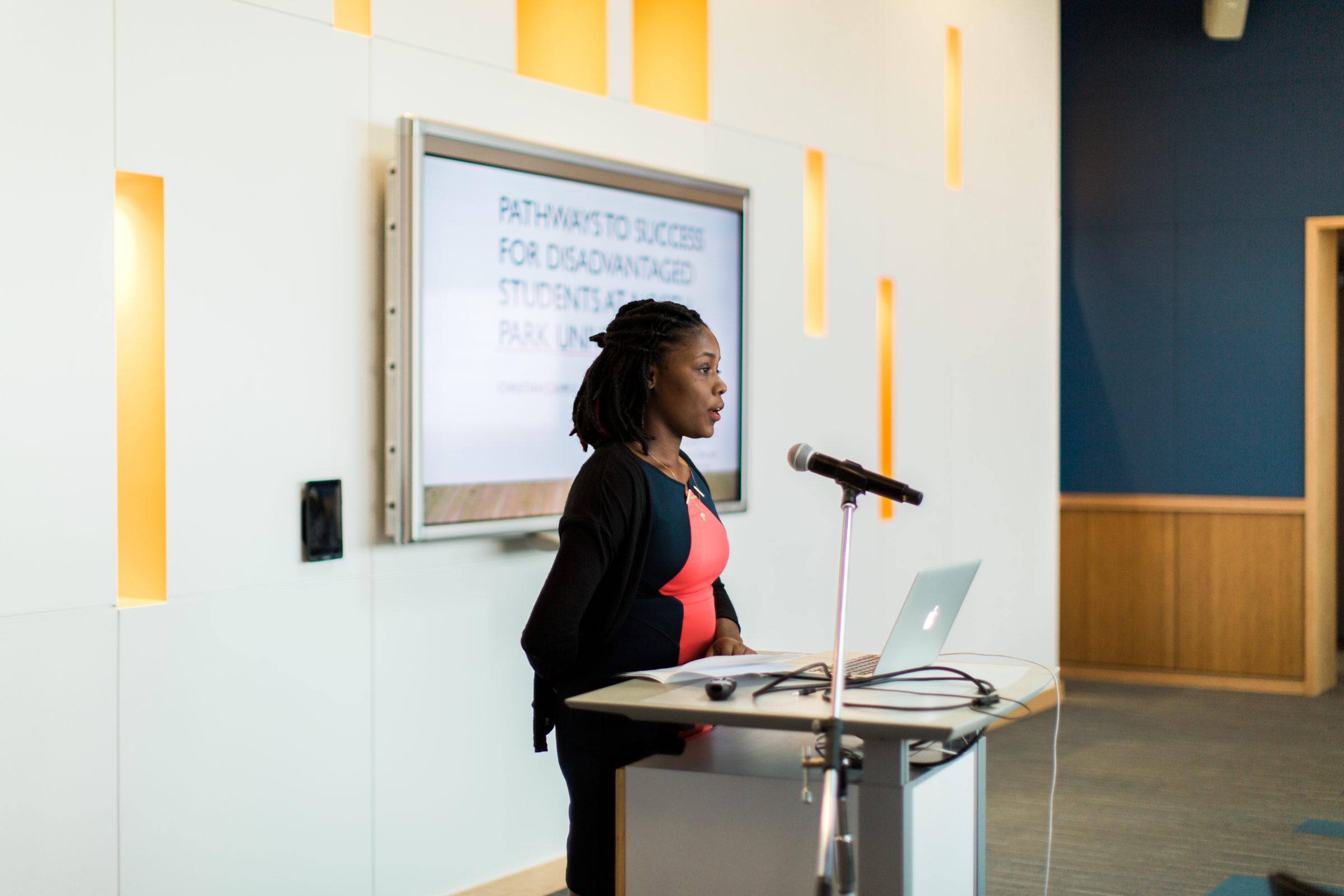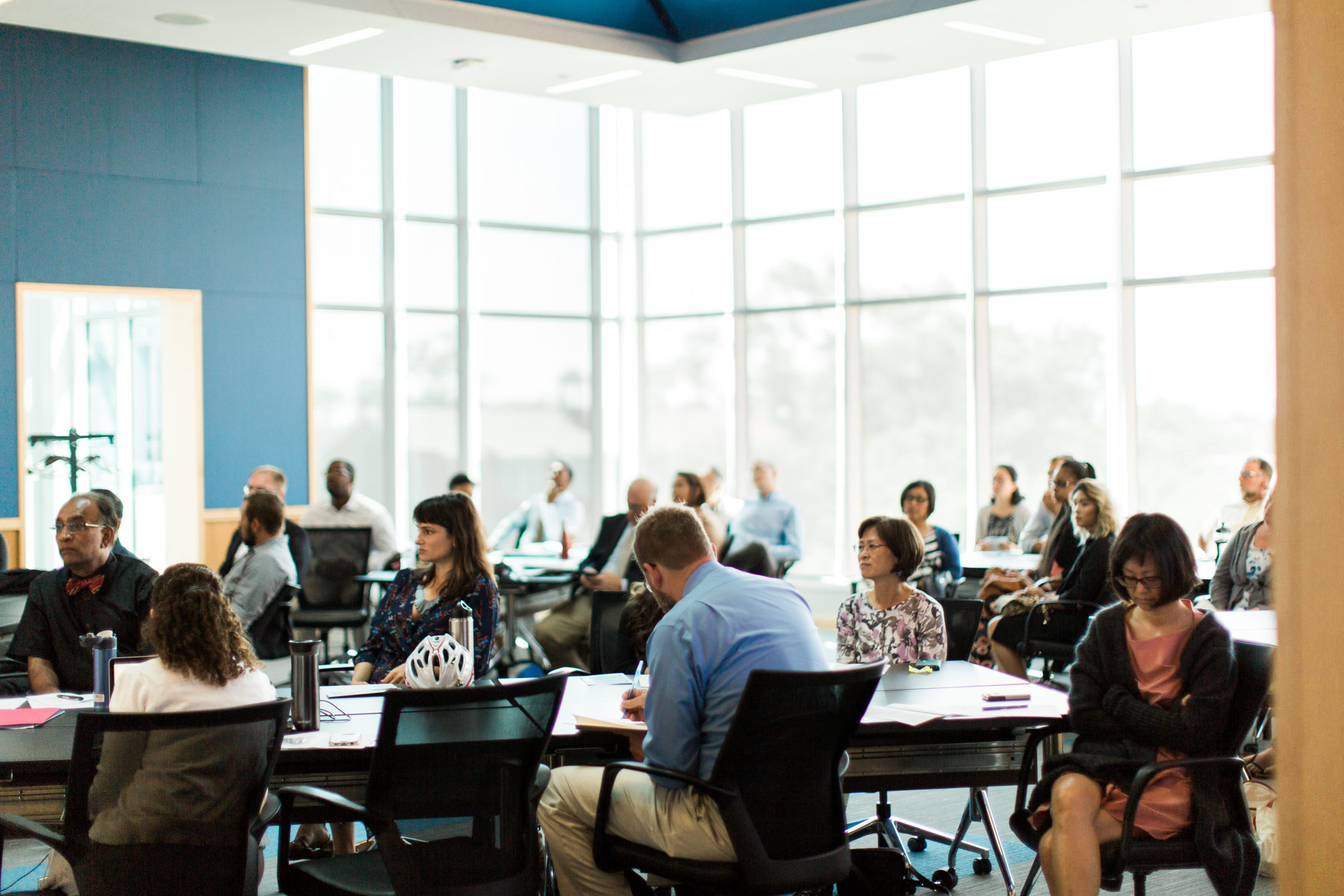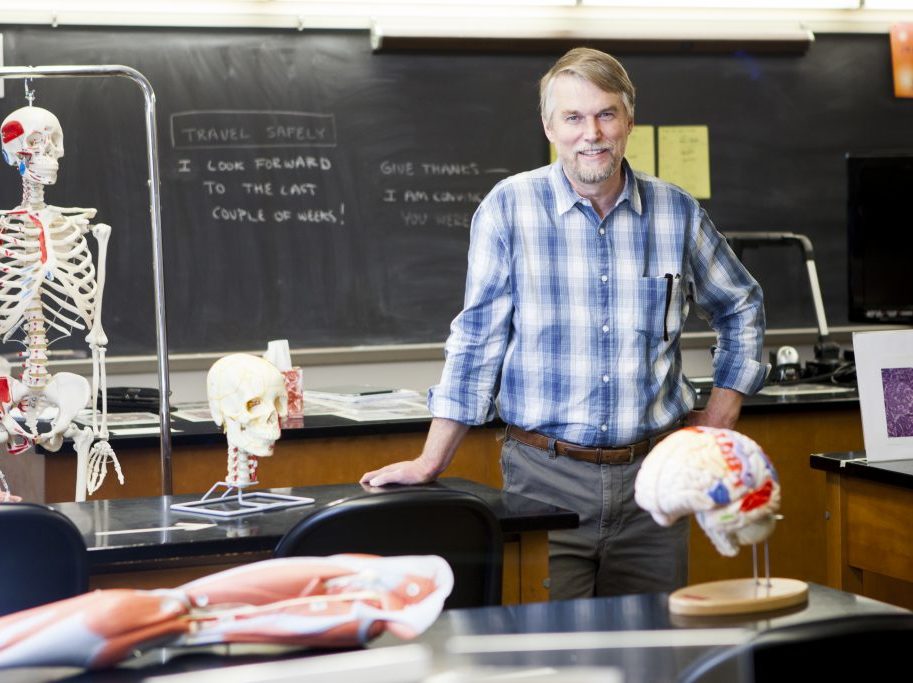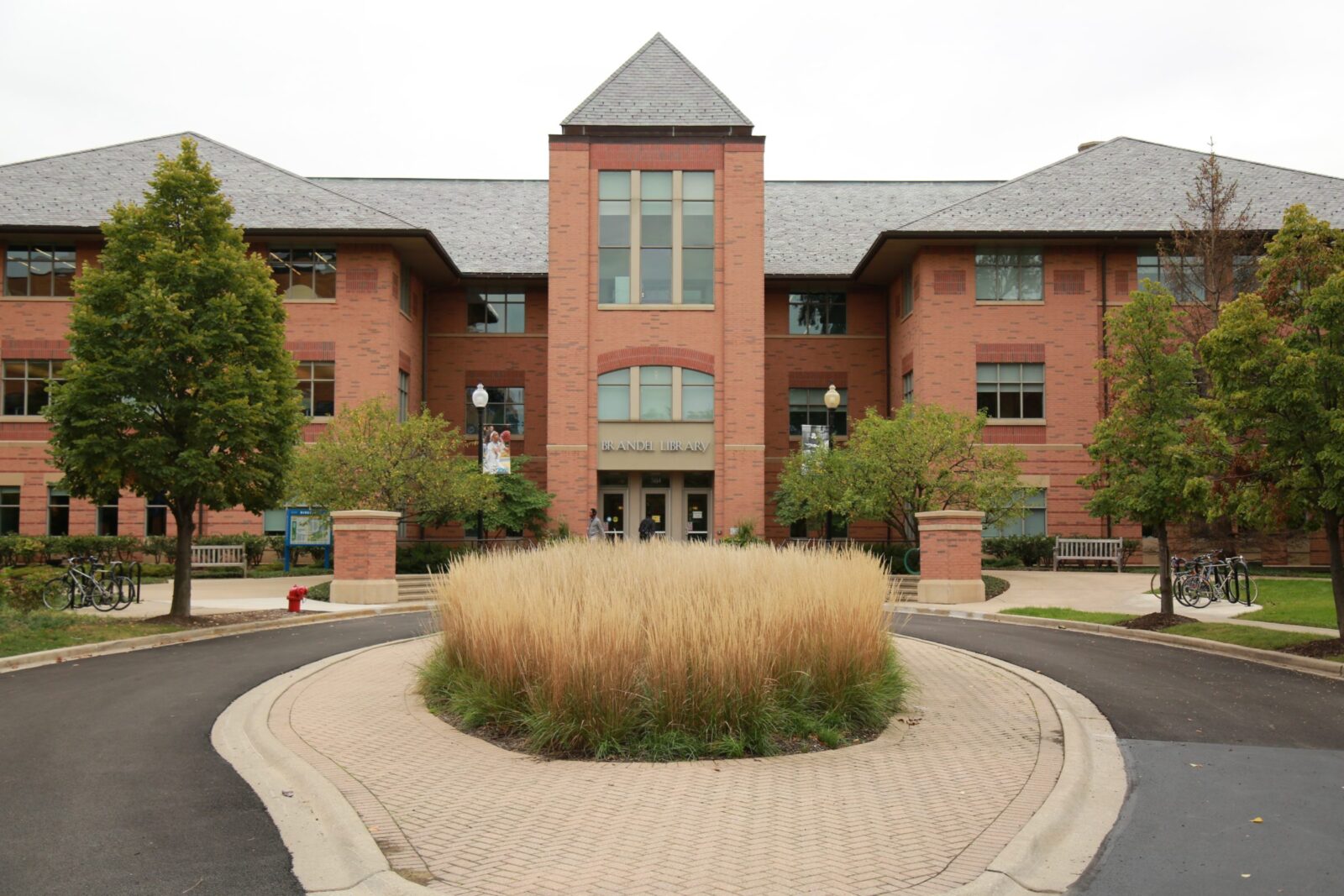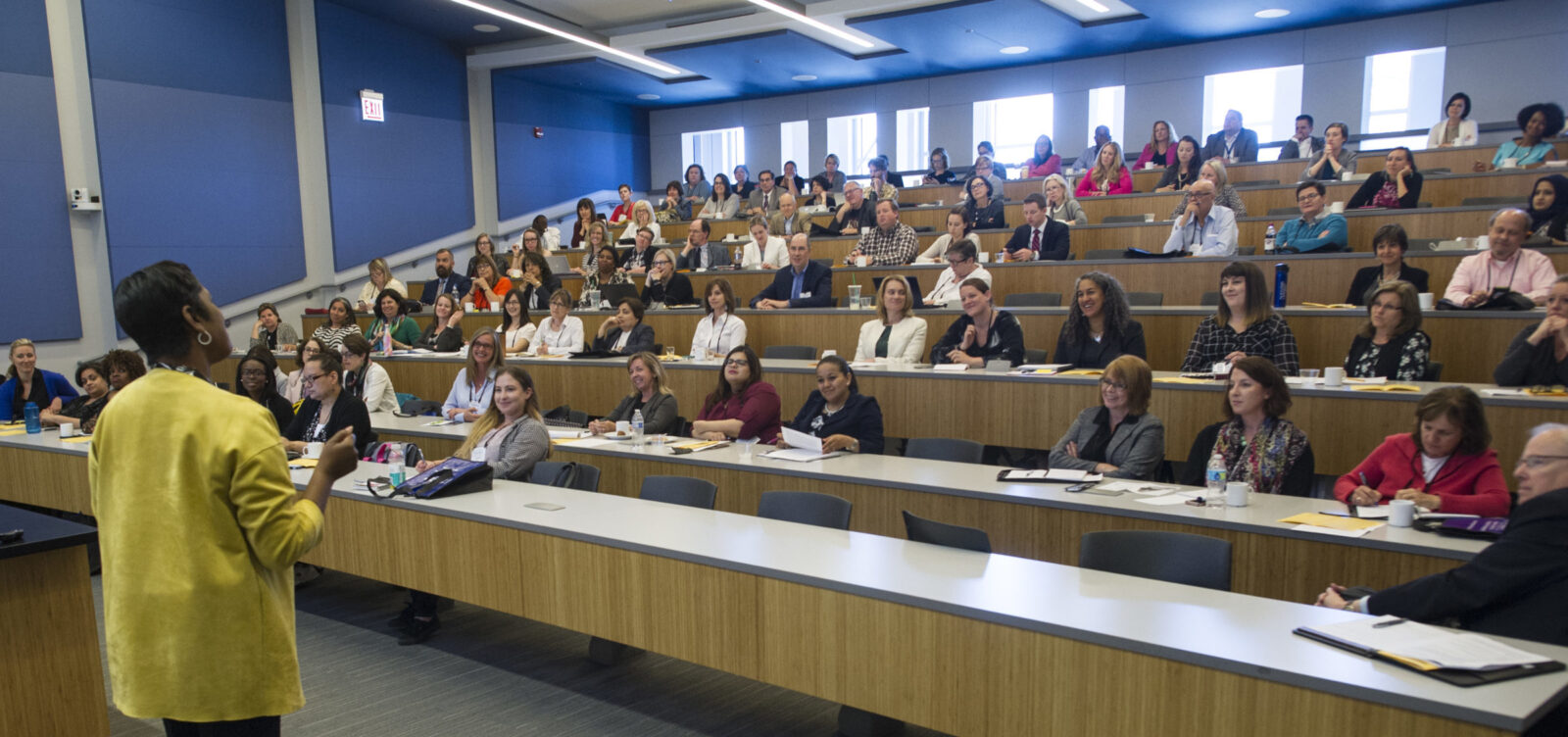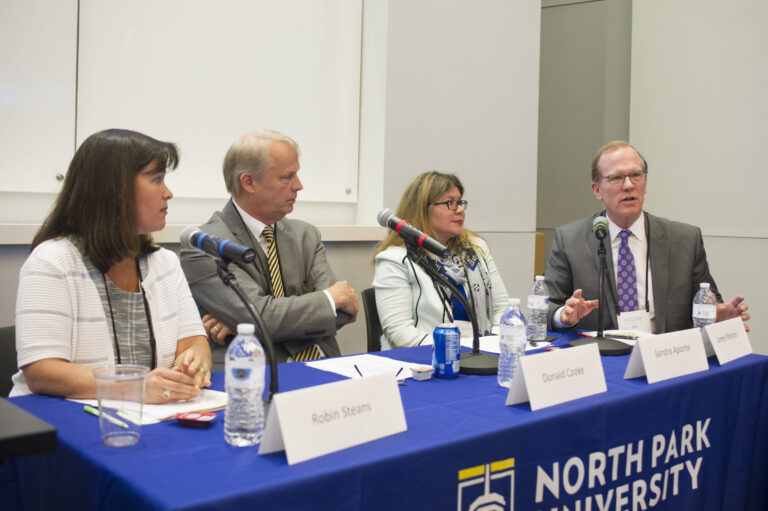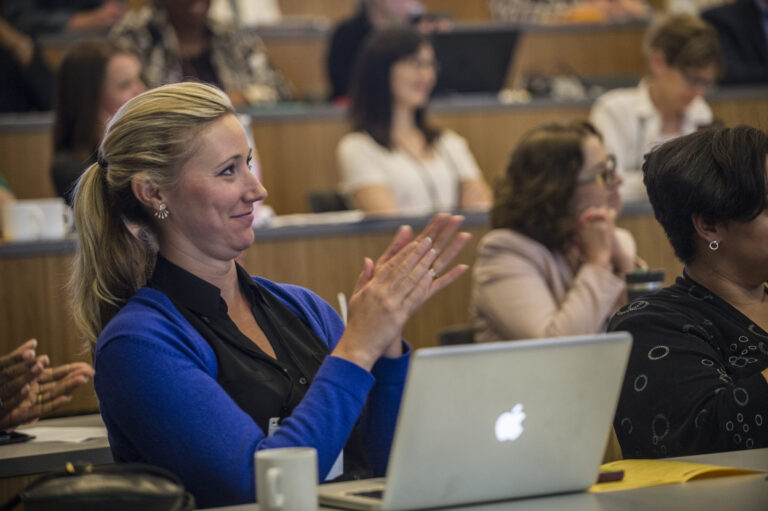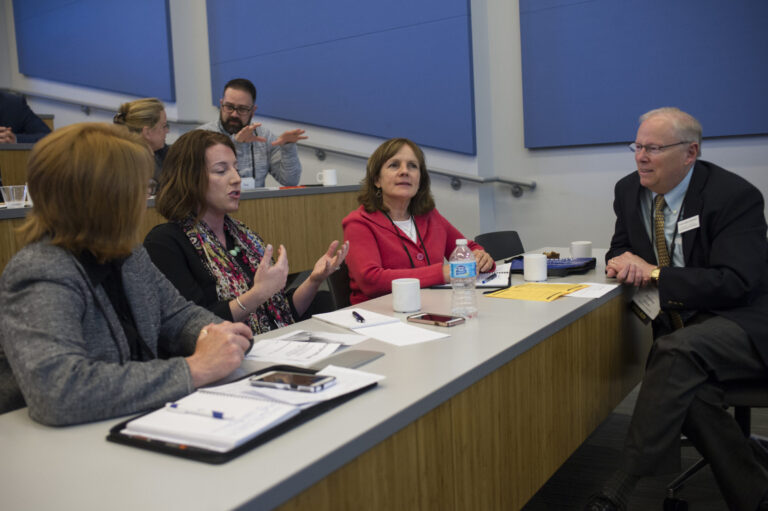Committed to Faculty and Student Diversity: University Dean, Dr. Liza Ann Acosta
As University Dean, Dr. Liza Ann Acosta’s hope is to facilitate the work of faculty development—with a student body comprised of a diverse population and mirrored by a diverse faculty.
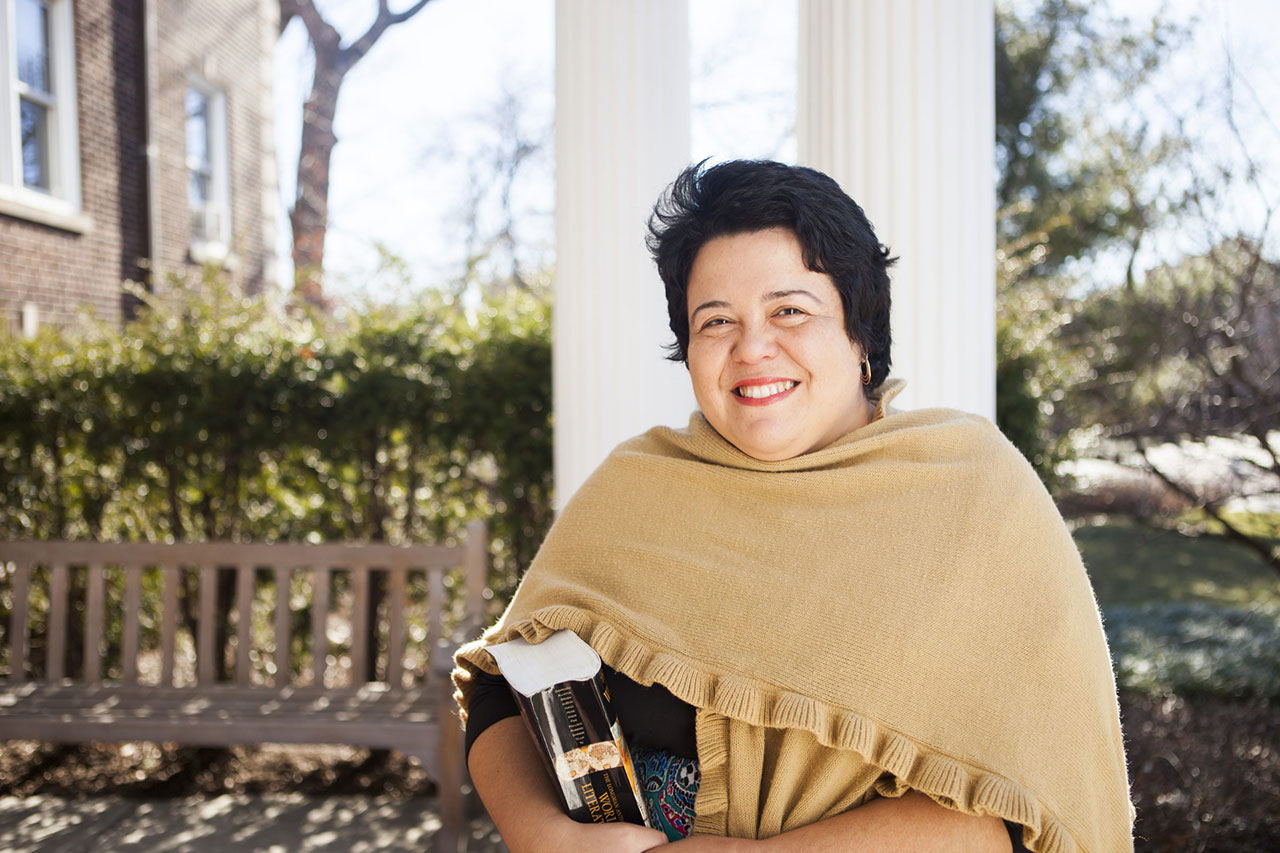
“I am invested in the wellbeing of my students and my colleagues. Being asked to do more with little is overwhelming, but my colleagues’ dreams for our students are on my mind every single day. My wish is to make those become real possibilities. An investment in our faculty is an investment in our students.”
Facilitating Faculty Development
As University Dean, Dr. Liza Ann Acosta’s hope is to facilitate the work of faculty development—with a student body comprised of a diverse population and mirrored by a diverse faculty, so that all our students can see themselves reflected in the people who teach them. A new mentorship program for first-year and ongoing rising faculty and a partnership with the Faculty Senate and Office of Institutional Effectiveness for the inclusion of adjunct faculty development are among the initiatives supporting Dean Acosta’s vision of having a well-rounded, diverse faculty at North Park.
Retention and Recruitment of Faculty of Color
Dean Acosta has initiated efforts to more effectively recruit and retain faculty of color who can and do impact the student learning experience through expertise, mentorship, and role-modeling. In these efforts, Dean Acosta advises and serves on search committees, advocates for faculty and staff of color, and leads monthly meetings for faculty and staff of color for community-building.
Helping Students Have an Enriching Intercultural Experience
Dean Acosta is encouraged every day by North Park students as she observes them make connections between classroom and world. “Preparing students to contribute in real possible ways—through the arts, life sciences, technology—is what we seek at North Park, with faculty who have a passion for planting a seed and watching students grow.”
At North Park, Dean Acosta continues to teach, advise, and mentor students. She is also part of the Council on Diversity Equity and Inclusion whose central role includes bias reporting. “I am always thinking of ways that North Park’s faculty, as a collective, can be even better in their respective specialty fields, and how we can help students have an enriching, intercultural experience,” said Dean Acosta. Academic programs are structured in a way to reflect both a rigorous learning experience in the classroom and experiential learning opportunities outside the classroom when engaging how the diverse city of Chicago functions and thrives.
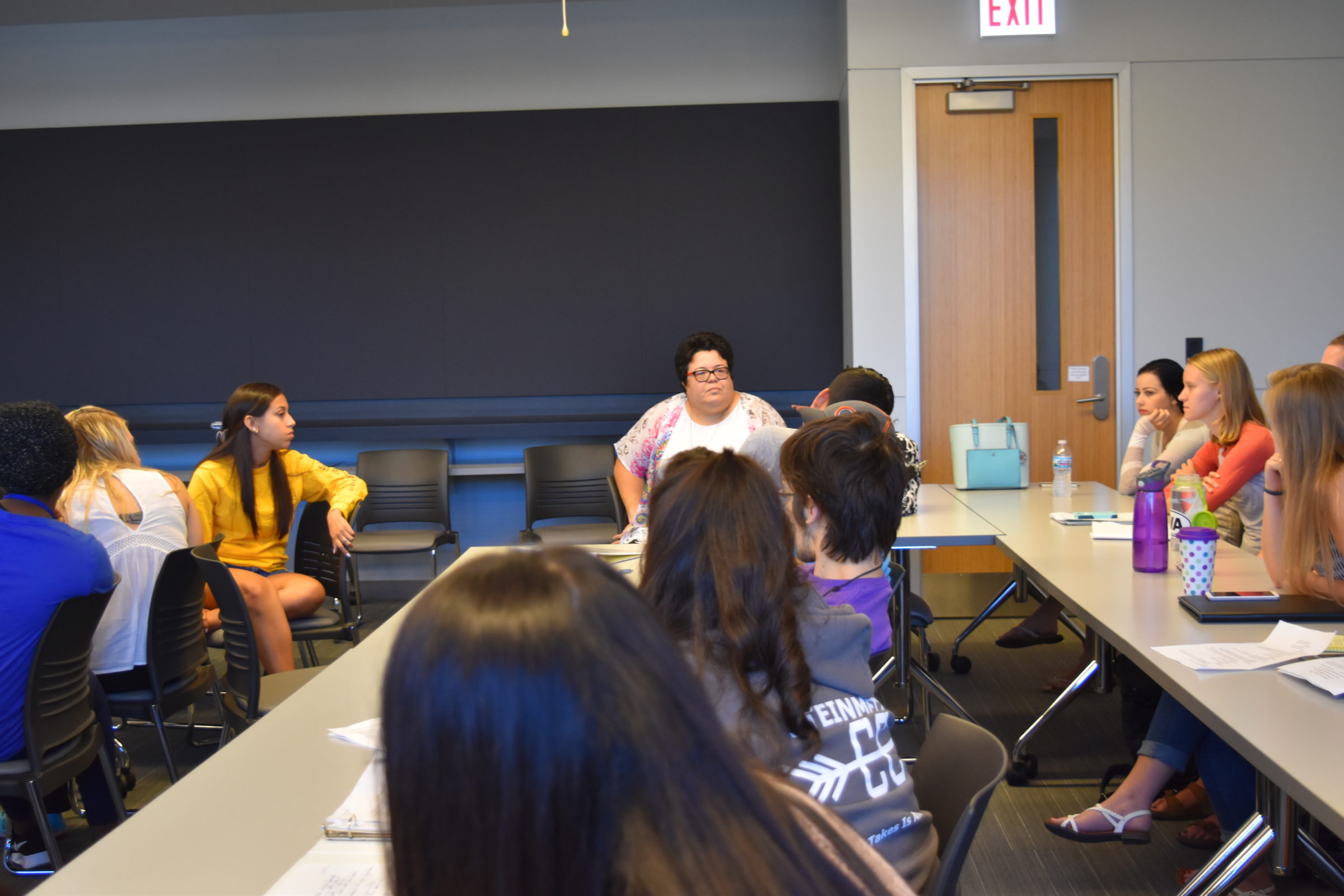
Core principles guide Dean Acosta: encouraging creativity, providing resources for continuous improvement and innovation, documenting and learning from best practices in research and teaching, advocating for a diverse faculty, and nurturing professional development for all faculty members. Meeting the needs of both students and faculty is an ongoing process—a role that for Dean Acosta is always evolving.


